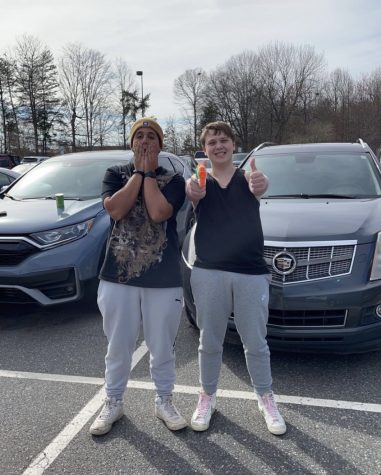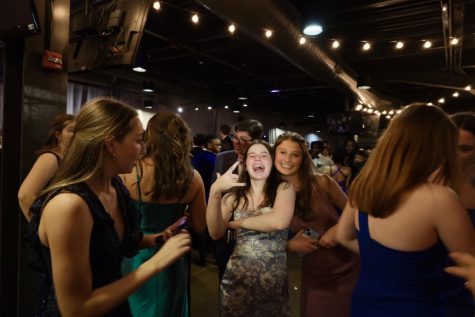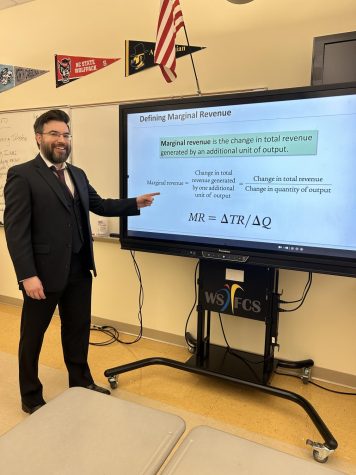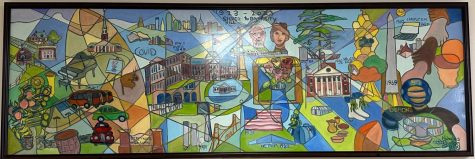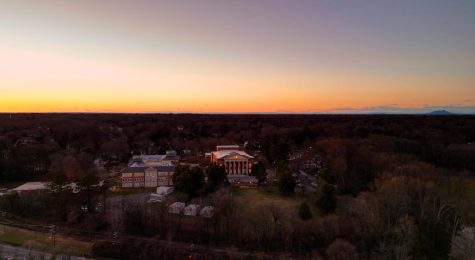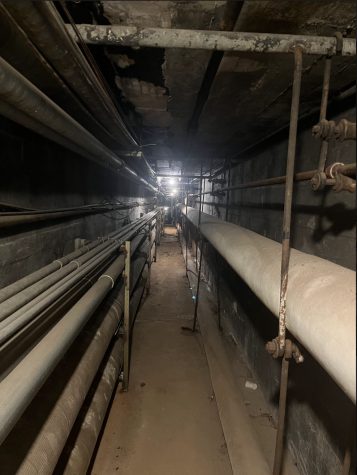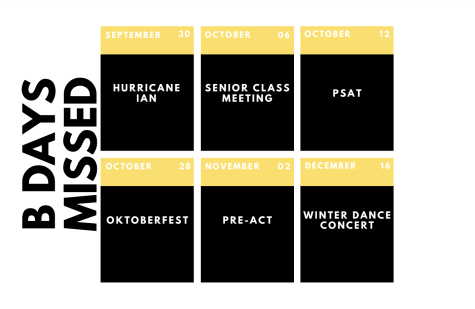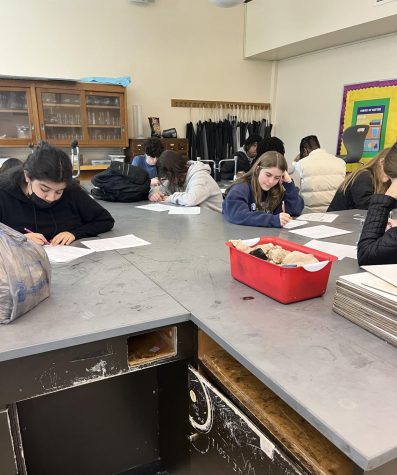Divisions grow in Venezuela over Presidential Elections
February 28, 2019
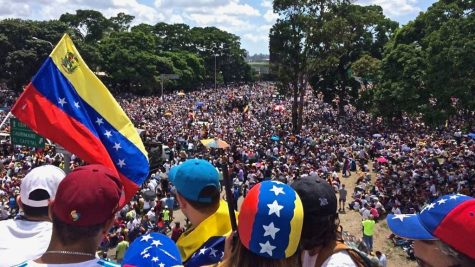 The elections to decide Venezuela’s next president occurred in May 2018. President Nicolás Maduro was re-elected for another term. However, Maduro’s rival during the election, Juan Guaído, has contested the legitimacy of the election on the grounds of voter tampering. Guaído has also declared himself as the interim President of Venezuela, until the matter is dismissed.
The elections to decide Venezuela’s next president occurred in May 2018. President Nicolás Maduro was re-elected for another term. However, Maduro’s rival during the election, Juan Guaído, has contested the legitimacy of the election on the grounds of voter tampering. Guaído has also declared himself as the interim President of Venezuela, until the matter is dismissed.
Venezuela is currently undergoing severe political strife; this is reflective of the disarray in Venezuelan society. The inflation rate of Venezuelan currency has increased to a staggering 1,300,000%. This degree of inflation has made the Venezuelan currency nearly worthless. Commodities, such as bread and milk, are too expensive for most.
“It’s really bad,” senior Nick Sullivan said. “I saw this news story where they [Venezuelans] were making baskets out of money to sell because it would be worth more than the money itself.”
In addition to its inflation, Venezuela has garnered much attention from the global community for its relationship with Russia. Venezuela receives subsidization from Russia to support its government. In return, Russia gains access to Venezuela’s store of oil and acquires an ally in Latin America. This relationship has hinged on Maduro being the head of Venezuelan politics since 2013, when he succeeded Venezuela’s prior President, Hugo Chavez.
Guaído’s contestation of Maduro’s reelection has become an international issue with Canada, the United Kingdom and the United States all declaring support for Guaído.
“I believe he has basis because international observers [have] unanimously agreed that the result does not reflect the people wishes,” spanish teacher Avis Williams-Smith said. “There is evidence of fraud.”
Williams-Smith believes the situation in Venezuela will escalate, as military intervention becomes a continuously more plausible course of action for global powers such as the United Nations. In addition to this, Venezuelans are fleeing their country and spilling into neighboring nations such as Panama, where Williams-Smith is from.
“It is affecting the amount of homeless people on the streets,” Williams-Smith added. “[There are] more robberies and housing shortage[s]. The food banks are overwhelmed and the social services that Panamanians normally received for free are struggling to keep up with the influx of people from Venezuela.”
In the midst of this political upheaval one thing remains certain: it will take a long time before this issue is resolved. While Maduro technically won the May 2018 election, Guaído’s contestation comes at a vulnerable period of time for Venezuela. Moreover, it seems that his contestation is receiving institutionalized backing from the National Assembly of Venezuela, one of the country’s two legislative bodies. In addition, a growing list of nations are recognizing Guaído as the country’s president, instead of Maduro, further reflecting the turmoil in Venezuela.
Photo provided by Creative Commons




